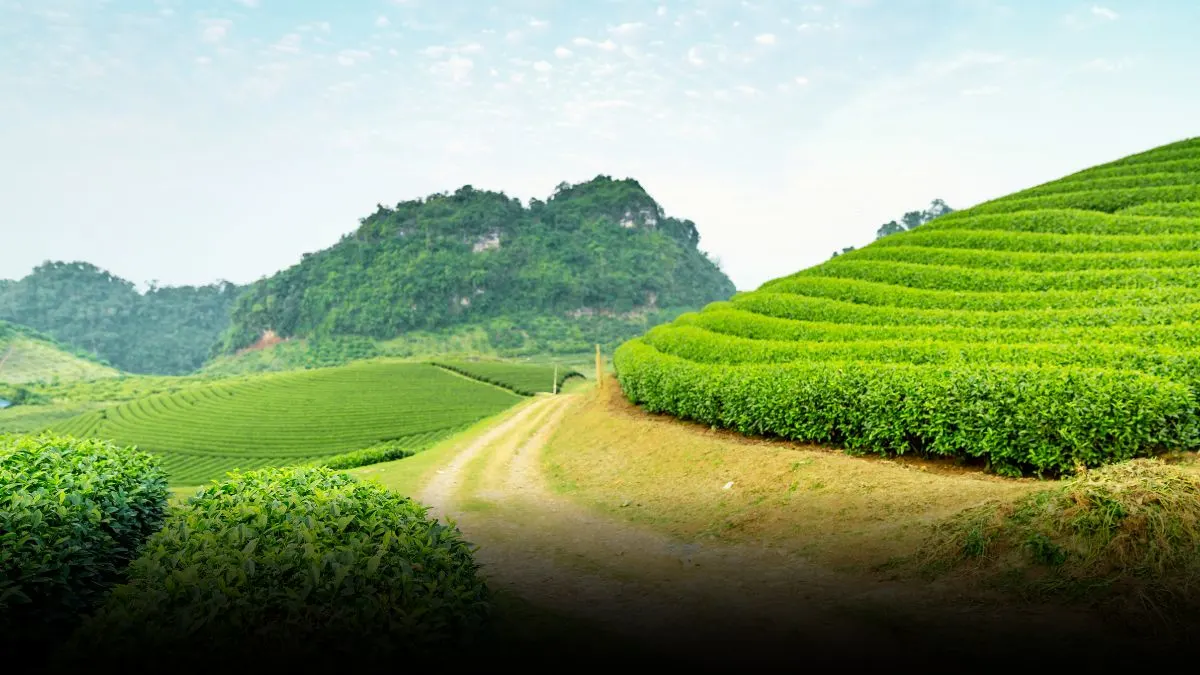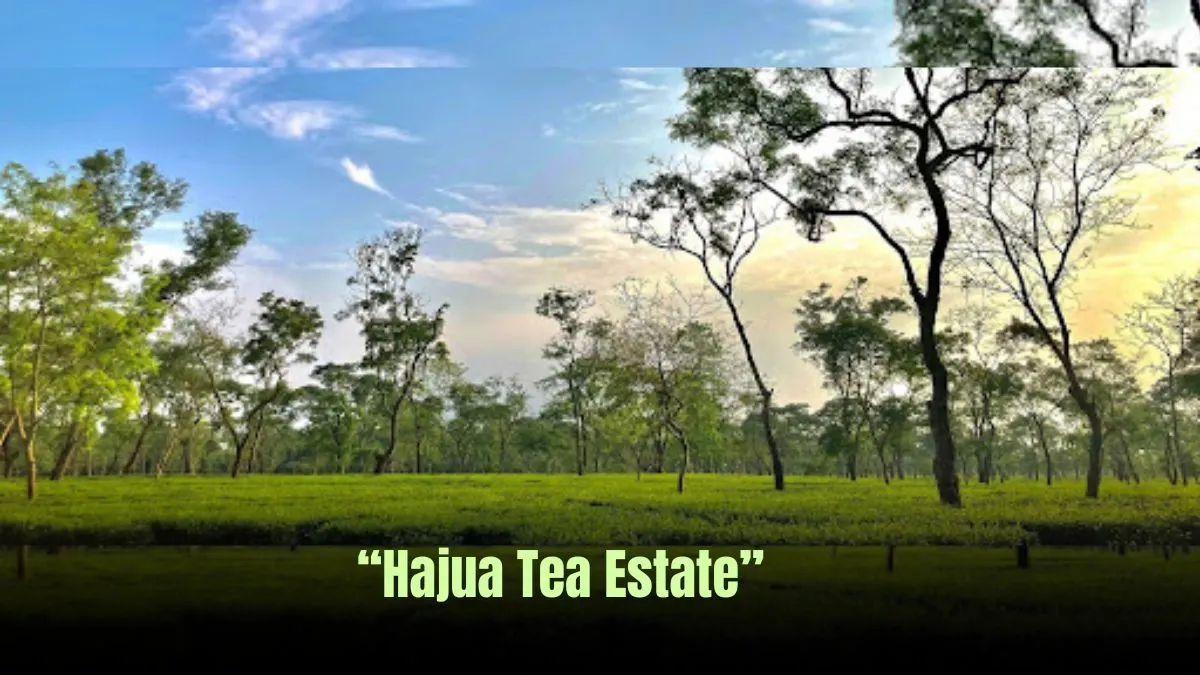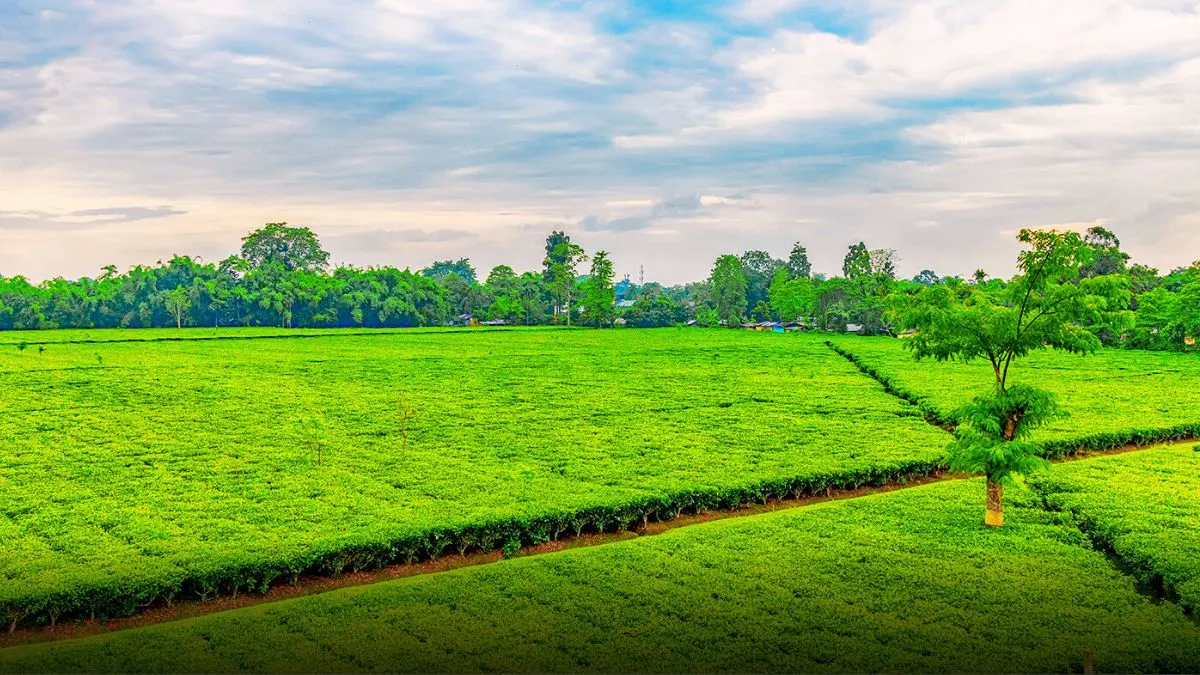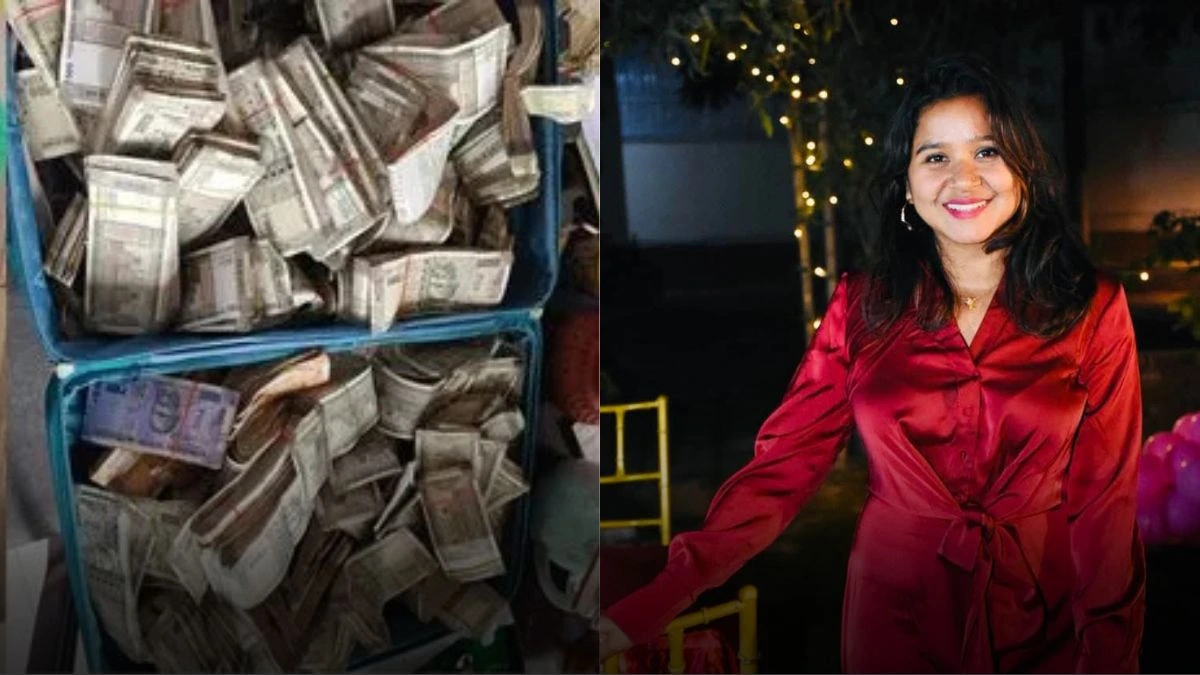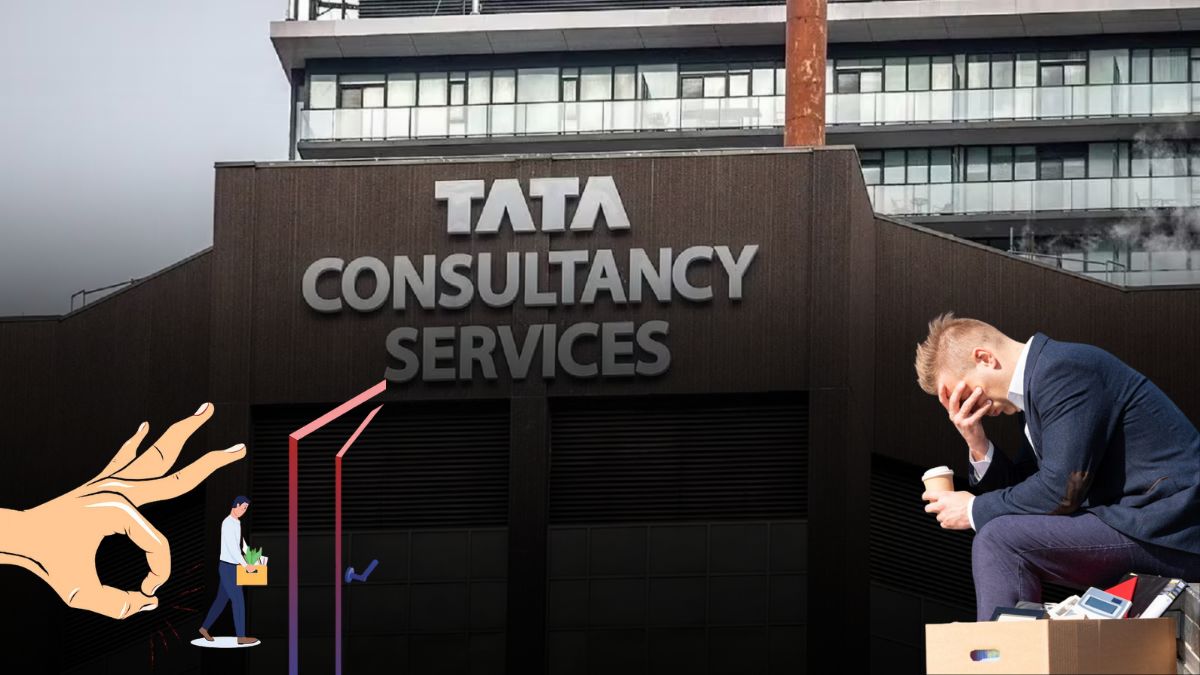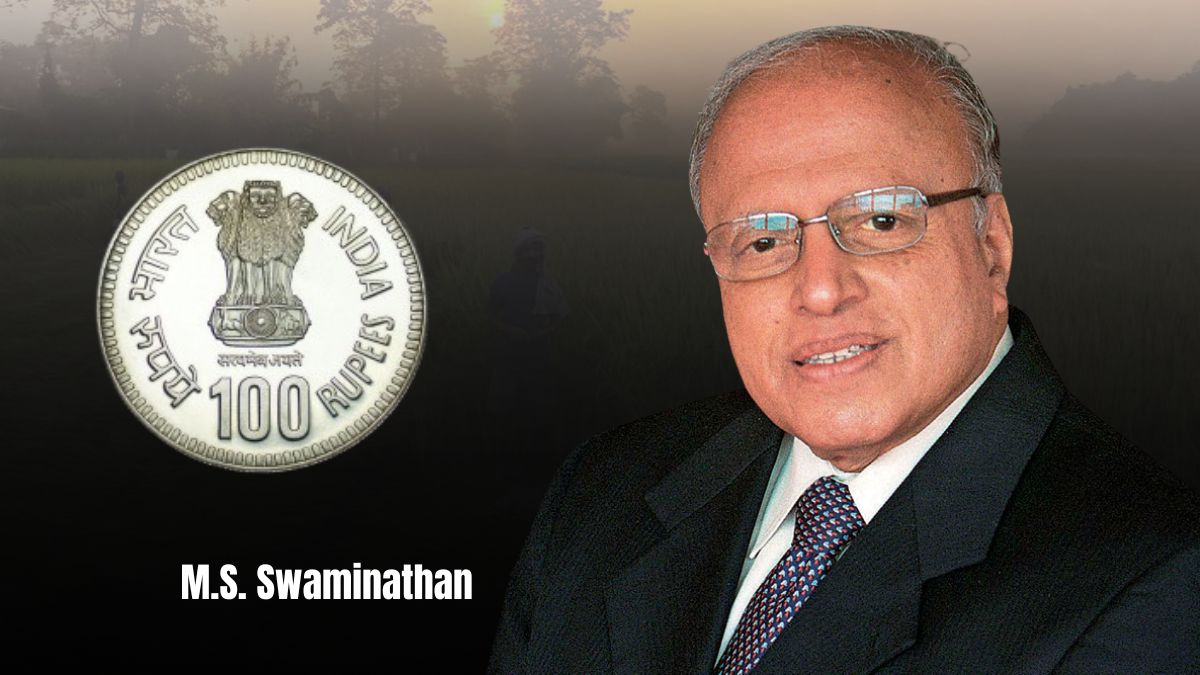Monabarie Tea Estate: Assam’s Crown Jewel of Tea Production
Nestled in the lush, rolling hills of Biswanath district in Assam, Monabarie Tea Estate stands as a monumental testament to the region’s dominance in global tea production. As Asia’s largest tea estate, spanning a vast 1,373 hectares, Monabarie produces over 3 million kilograms of premium Assam tea annually. This estate, owned by McLeod Russel India Limited, a subsidiary of the Williamson Magor Group, plays a crucial role in Assam’s agricultural and economic landscape.
Geographical Setting and Historical Roots of Monabarie Tea Estate
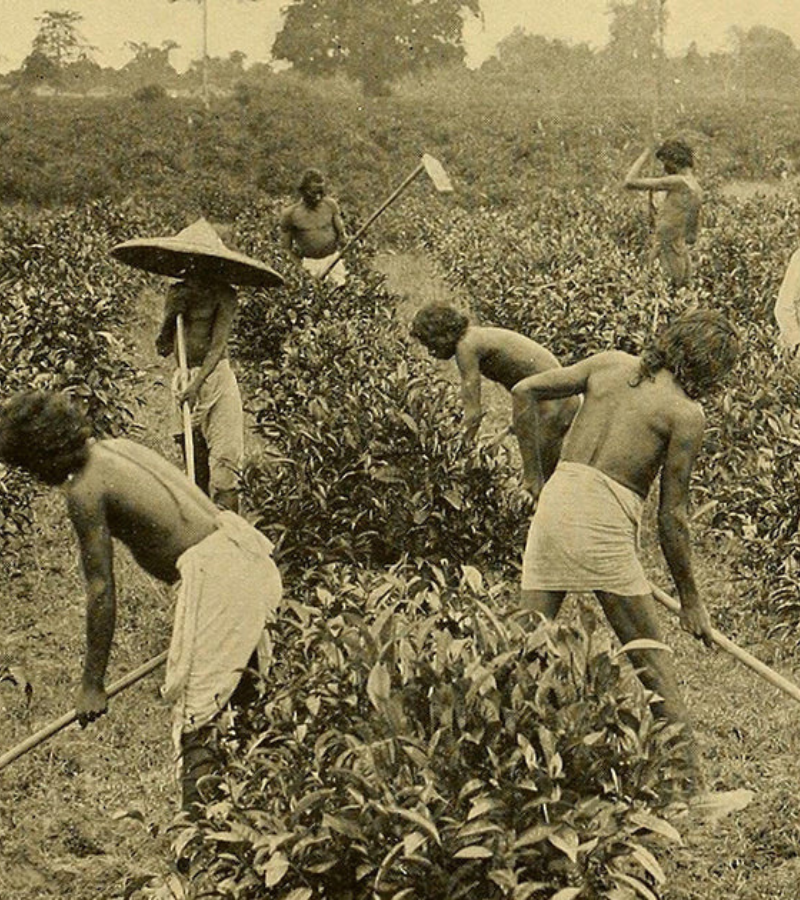
Located at 26°51′20″N 88°16′04″E in northeastern Assam, Monabarie thrives in the region’s unique subtropical climate, enriched by the Brahmaputra River’s alluvial soil. The estate’s history dates back to the 19th century, when it was likely developed alongside the establishment of McLeod Russel in 1869, driven by British colonial efforts to cultivate Assam’s tea potential. Over the years, Monabarie has adapted to modern agricultural practices, pioneering mechanized tea production techniques that have become crucial to its success.
Monabarie Tea Estate: Tea Production Excellence
Monabarie specializes in producing two main types of tea, both epitomizing Assam’s bold flavor profile:
- CTC (Crush-Tear-Curl) Tea
- Flagship Product: The estate’s BP1 granules represent the epitome of CTC processing, accounting for 70% of production. These bold, malty leaves are primarily used for milk teas, a staple in Indian tea culture.
- Processing: Using rotorvane machinery, fresh leaves are meticulously processed to create uniform particles, ideal for strong, full-bodied brews.
- Orthodox Teas
- Premium Varieties: 25% of Monabarie’s production is dedicated to orthodox teas, which undergo traditional hand-plucking and rolling processes. These teas boast complex flavor profiles with notes of honey and dried fruit, often exported to European markets.
- Experimental Teas: The estate also produces small batches of unique teas, such as white tea and smoked varieties, accounting for 5% of output.
Sustainability and Technological Innovation
Monabarie integrates cutting-edge technology and sustainable practices that enhance efficiency and reduce environmental impact:
- Scale Efficiency: The estate’s 1,373-hectare size allows for advanced mechanization. GPS-guided harvesters and AI-assisted sorting systems can process up to 12,000 kg of fresh tea leaves per hour during peak season.
- Microclimate Management: The estate is divided into 12 sectors with varying elevations, each producing distinct tea profiles. For example, Sector 5’s high-altitude bushes yield a prized muscatel-flavored autumn flush.
- Sustainability Practices: Monabarie employs a closed-loop system where tea stalks are used to fuel biomass boilers, and pruning waste is turned into organic mulch. Furthermore, 200 hectares are preserved as biodiversity zones, home to over 180 bird species.
Monabarie Tea Estate and the Local Community
As the largest employer in Biswanath district, Monabarie sustains 3,200 permanent workers and 7,800 seasonal laborers, representing 68% of the local workforce. The estate’s community-driven initiatives include:
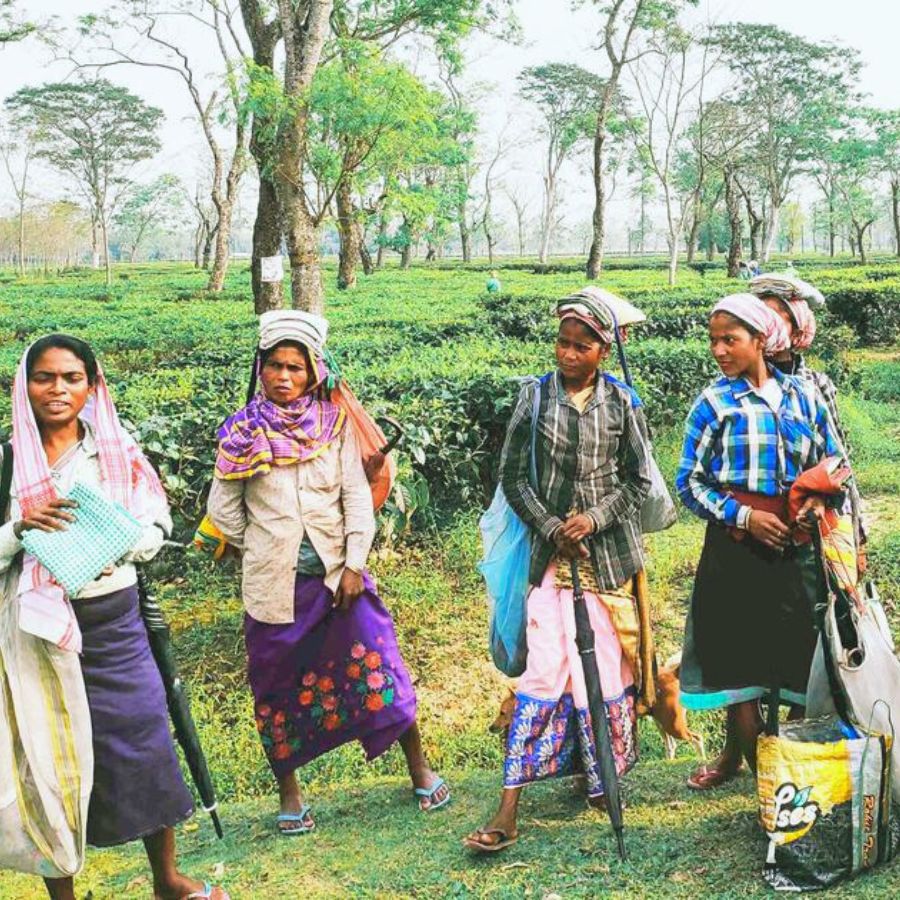
- Housing and Healthcare: Over 1,200 permanent houses equipped with electricity and sanitation, and two on-site hospitals offering free medical care to workers and their families.
- Education and Empowerment: The estate provides access to five primary schools and vocational training centers, focusing on tea cultivation and machinery skills. Remarkably, 40% of supervisory roles are filled by women, supporting gender equality in the workforce.
- Community Development: Monabarie’s Community Development Forum (CDF) allows workers to participate in decision-making processes. In 2022, the estate allocated ₹1.8 crore ($216,000) for water purification projects in worker colonies.
Economic Impact and Global Reach
Monabarie is a key player in Assam’s tea industry, contributing significantly to the region’s economy:
- Revenue: Monabarie generates an annual revenue of ₹240 crore ($29 million) through domestic and international sales.
- Export Markets: The estate exports 55% of its tea to CIS countries, 30% to the EU, and 15% to the Middle East.
- Auction Prices: The estate’s BP1 granules consistently command a 15-20% premium over regional averages at the Guwahati Tea Auction Centre.
- Global Influence: Monabarie’s quality standards set benchmarks in the global CTC market, influencing international buyers and setting the standard for Assam tea.
Tourism and Cultural Significance
Beyond tea production, Monabarie has become an agritourism hotspot, drawing over 15,000 visitors annually. The estate offers:
- Factory Tours: Visitors can explore both traditional and modern tea processing techniques.
- Tea-tasting Experiences: Tourists can indulge in seasonal plucking and enjoy Assam’s finest teas.
- Colonial Heritage: Guests can stay in charming colonial-era planters’ bungalows.
- Festivals: Monabarie hosts the Chah Bagicha Utsav (Tea Garden Festival), a celebration that includes traditional Bihu dances and tea-tasting sessions, contributing ₹2 crore ($240,000) to the local economy.
Challenges and Innovations
Monabarie faces challenges such as climate pressures and rising labor costs, but continues to innovate:
- Climate Adaptation: A 2023 heatwave reduced yields by 12%, but the estate used IoT-enabled irrigation systems to optimize water usage and mitigate the effects.
- Labor Efficiency: Rising wages have led to the integration of robotics in non-critical processes, ensuring efficiency while maintaining employment.
- Traceability Technology: Since 2021, Monabarie has implemented blockchain technology, enabling consumers to trace tea batches from bush to cup, ensuring transparency and building trust in the product.
Visit Monabarie Tea Estate
Monabarie Tea Estate is not just a tea garden; it’s a living heritage of Assam’s tea legacy, blending traditional practices with modern technology. Whether you’re a tea enthusiast, a lover of culture, or someone passionate about sustainability, Monabarie offers a rich, multifaceted experience. Plan a visit today and witness the magic of Assam tea up close!
FAQ About Monabarie Tea Estate
Q1: Where is Monabarie Tea Estate located?
A:- Biswanath district, Assam (near the Brahmaputra River).
Q2: What types of tea does it produce?
A:- CTC (70%), Orthodox (25%), Experimental (5%).
Q3: Can tourists visit?
A:- Yes! 15,000 visitors/year enjoy tours, stays, and festivals.

